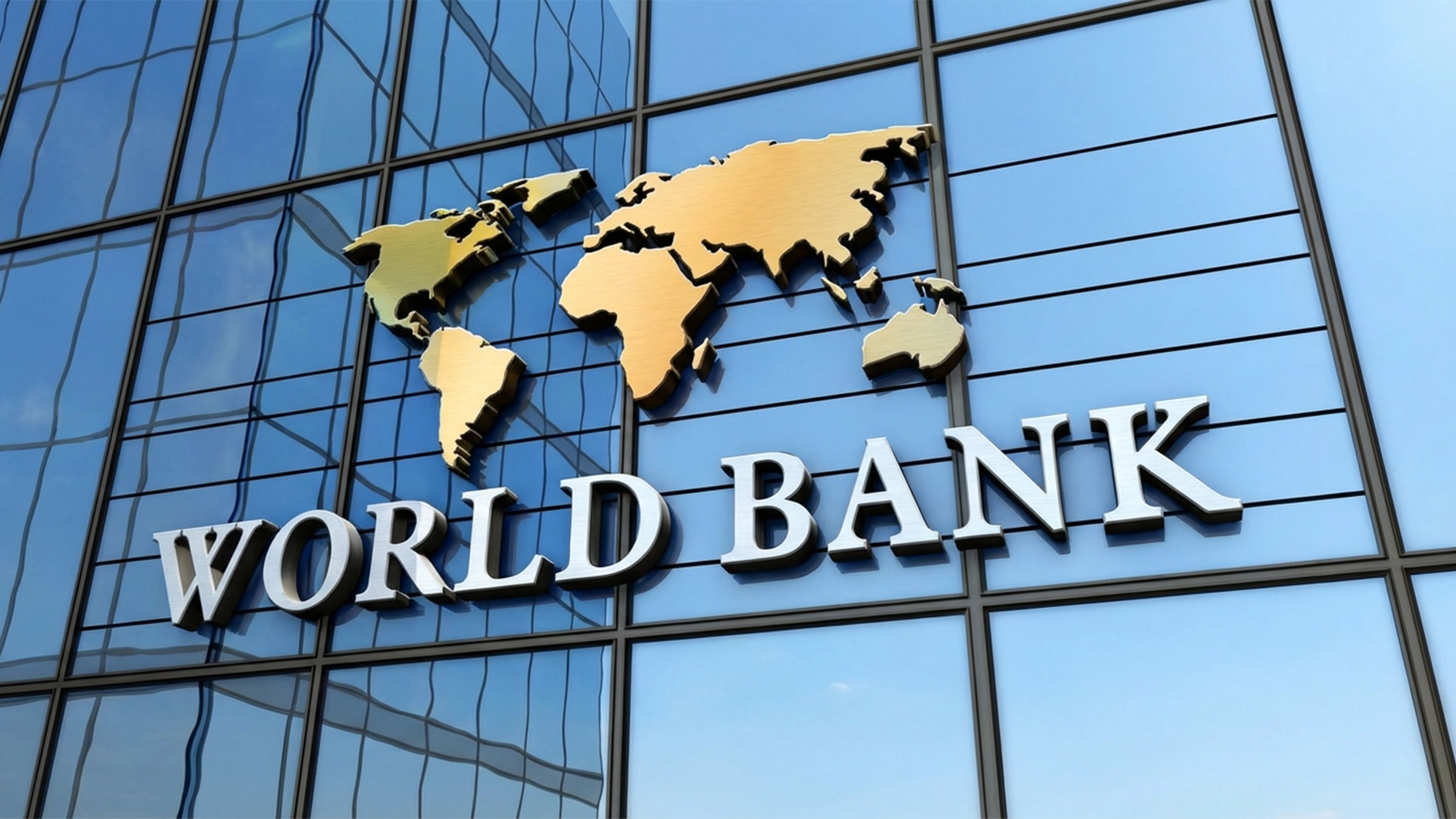
The National Assembly has explained approval of the 2025 Appropriation Bill, which increased from N49.7 trillion to N54.99 trillion—the highest in the nation’s history.
This adjustment followed legislative reviews that uncovered additional revenues from key government agencies.
The chairman of the Senate Committee on Appropriation, Senator Adeola Solomon Olamilekan, while explaining the Budget Expansion and Revenue Sources, said the additional N4.99 trillion was sourced from the Nigeria Customs Service, the Federal Inland Revenue Service (FIRS), and government-owned enterprises (GOEs).
These he said led to an increase in funding for critical sectors, including N1.5 trillion for Bank of Agriculture, N500 billion for Bank of Industry, 1 trillion for Ministry of Solid Minerals, N1.5 trillion for Renewable Infrastructure Fund, N300 billion – Road construction and N400 billion for Rail transport.
Others are N380 billion of Water resources, irrigation, and dam projects, N250 billion for Military barracks renovation N120 billion for New military aviation projects, N50 billion for Border security agencies.
Following the suspension of U.S. health aid, which previously provided funding for HIV, tuberculosis, malaria, and polio treatments, President Bola Tinubu approved $200 million (N300 billion) to ensure continued medical supplies and healthcare support for affected patients.
On the major boost for infrastructure development, he said a record N23.7 trillion has been allocated for capital projects, marking a significant leap in infrastructure investment.
He said the areas the funds will focus on include roads and railways, education and healthcare improvements, and other critical public infrastructure.
To prevent delays in budget implementation, the 2026 budget process will begin in July 2025, with the Medium-Term Expenditure Framework (MTEF) submitted early and the Appropriation Bill expected by October 2025.
Concerns over inadequate rail infrastructure funding in the South East were raised, but legislative leaders clarified that rail projects are primarily funded through public-private partnerships (PPPs).
According to him, the 2025 budget focuses on light rail development in Lagos, Ogun, Kaduna, and Kano, while further discussions on South East projects are ongoing.
He explained that to maintain economic stability, the budget parameters remain unchanged, with key revenue sources including FIRS increasing its revenue target to N25.1 trillion, the Nigeria Customs Service boosting revenue collection through stricter enforcement, and independent revenue agencies contributing 100% of their generated funds to the Federal Government.






